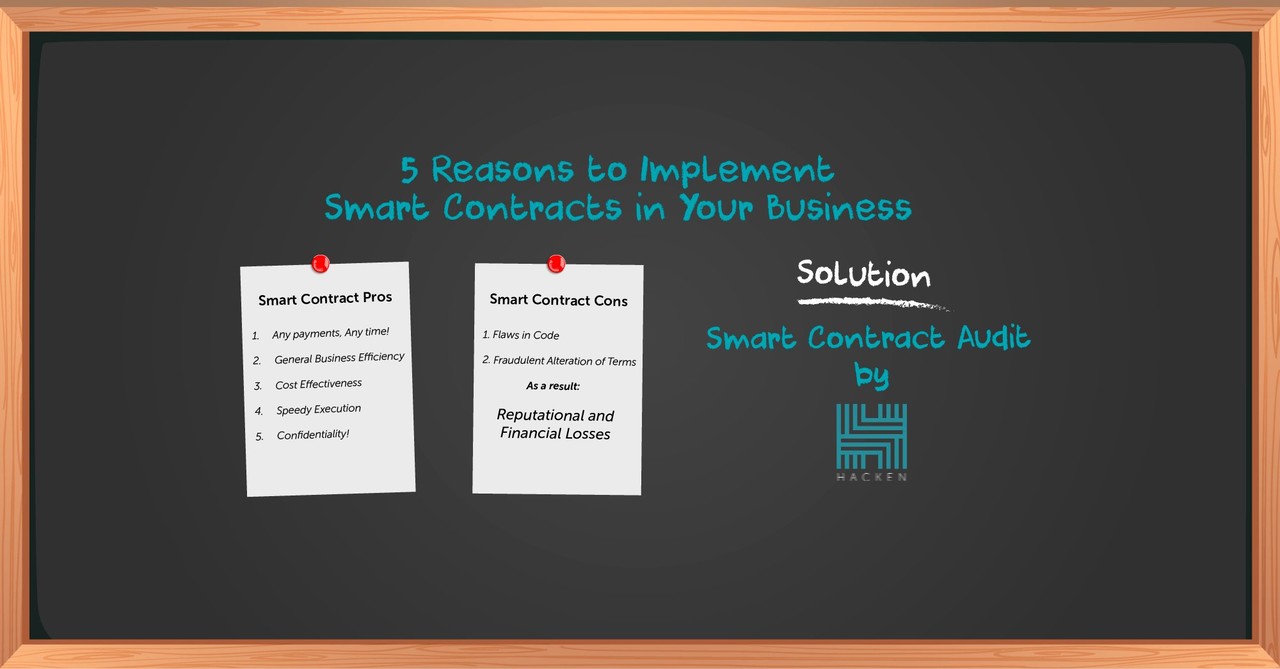Absolutely, here’s an article without displaying the title but covering Smart Contracts in Business Efficiency:
Understanding Smart Contracts
Smart contracts, built on blockchain technology, are self-executing contracts with predefined conditions. They automate and enforce agreements without intermediaries, revolutionizing business processes.
Streamlining Transactions and Processes
Smart contracts eliminate the need for intermediaries in transactions, reducing delays and costs. Their automated execution streamlines processes, ensuring efficiency in various business operations.
Enhancing Security and Transparency
Built on a decentralized ledger, smart contracts offer heightened security by encrypting and distributing data across the network. This transparency reduces the risk of fraud and manipulation.
Cost Reduction and Time Efficiency
The automation inherent in smart contracts reduces manual processes, cutting operational costs and minimizing human errors. Transactions occur swiftly and precisely, saving time for businesses.
Use Cases across Industries
Smart contracts find applications across diverse sectors. From supply chain management to real estate and finance, their efficiency and reliability make them versatile in multiple industries.
Implementation Challenges and Solutions
While adoption is promising, challenges such as scalability and complex programming hinder widespread implementation. Solutions focusing on scalability and user-friendly interfaces are being developed.
Compliance and Legal Considerations
Addressing legal implications is crucial when employing smart contracts. Ensuring compliance with existing regulations and adapting legal frameworks to accommodate this technology is imperative.
Smart Contracts in Financial Services
In the finance sector, smart contracts enable faster, secure, and transparent transactions. They automate processes like loan approvals, reducing paperwork and improving accessibility.
Future Potential and Evolution
The future of smart contracts is promising, with ongoing advancements aiming to overcome current limitations. Interoperability, scalability, and increased adoption are key areas of focus.
Integration and Adoption Strategies
Businesses must strategize their integration of smart contracts. Education, pilot programs, and collaboration with blockchain experts aid in successful adoption and implementation.
To explore in-depth insights into Smart Contracts for Business Efficiency, visit pudacanmanel.com for comprehensive strategies and real-world applications.
Feel free to use this content as needed!

